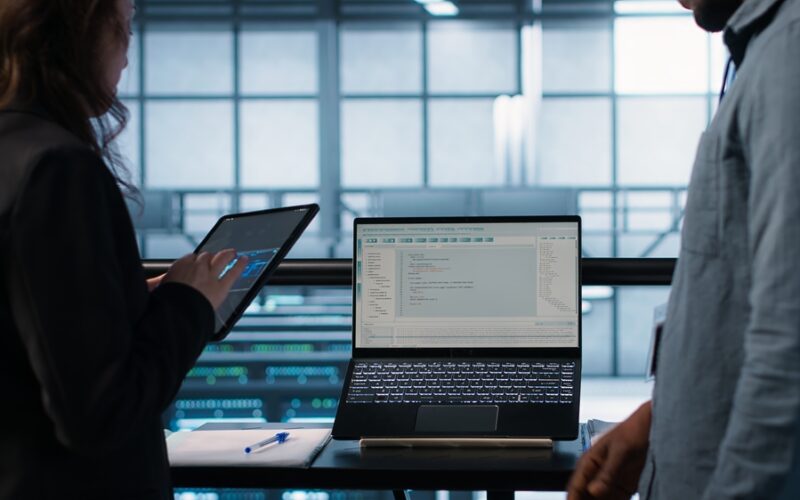
In today’s era of global digital transformation, data has become the core asset of enterprises and institutions. However, with the explosive growth of data volume and the escalating risk of sensitive information leaks, traditional data storage and sharing methods can no longer meet requirements. Virtual Data Rooms (VDRs), with their robust security protection, efficient collaboration, and compliance management capabilities, have emerged as the ideal choice for numerous industries to address data management challenges. The following six typical scenarios highlight key areas where VDRs play a critical role.
Financial Transactions and Capital Operations
In complex financial transactions such as mergers & acquisitions (M&A), financing, and IPOs, the secure sharing and efficient management of massive sensitive data are pivotal to project success. Multiple stakeholders—buyers, sellers, intermediaries, regulatory authorities—frequently exchange financial statements, customer information, trade secrets, and other materials, where data breaches can lead to significant economic losses and reputational crises. VDRs ensure data access is restricted to authorized personnel through multi-layer encryption, dynamic permission control, and operational audit trails. For example, in cross-border M&A projects, a VDR can automatically identify and mask sensitive fields in financial data, while AI translation swiftly processes multilingual contracts, accelerating due diligence and ensuring transaction progress.
Healthcare Research and Data Sharing
The healthcare industry handles highly sensitive data, including electronic medical records, clinical trial data, and genetic information—all involving personal privacy and life health. With the proliferation of multi-center clinical trials and telemedicine, data interaction needs among healthcare institutions, pharmaceutical companies, and research institutes have surged. VDRs not only comply with regulations like the Personal Information Protection Law and Healthcare Data Security Guidelines but also use AI-powered intelligent masking to precisely process medical data, enabling secure sharing while protecting patient privacy. For instance, in an oncology drug R&D project, a VDR can centrally manage and analyze clinical data from global multi-center trials, accelerating new drug launches.
Legal Affairs and Compliance Management
Law firms handle numerous files containing client privacy, trade secrets, and legally sensitive information. When sharing these files with clients, partners, or courts, strict protection of sensitive information is essential. The legal industry also has high requirements for document version management, signing processes, and audit trails. VDRs support e-signatures, file version tracking, and hierarchical permission management, assisting lawyers in efficient case handling. For example, in cross-border intellectual property litigation, a VDR securely stores multilingual evidence files and uses AI translation to help lawyers quickly understand key content, enhancing case efficiency.
Internal Enterprise Collaboration and Knowledge Management
Large enterprises with multiple departments often need to share sensitive information like design blueprints, R&D materials, and market data during cross-departmental collaboration. Traditional methods like email or USB drives suffer from low efficiency, high breach risks, and poor traceability. VDRs serve as secure internal data hubs, enabling centralized file storage, rapid retrieval, and collaborative editing. For example, an automotive manufacturer’s R&D and production departments share design plans via a VDR, with real-time version management ensuring all teams access the latest materials, while operation logs record all accesses to maintain data security and control.